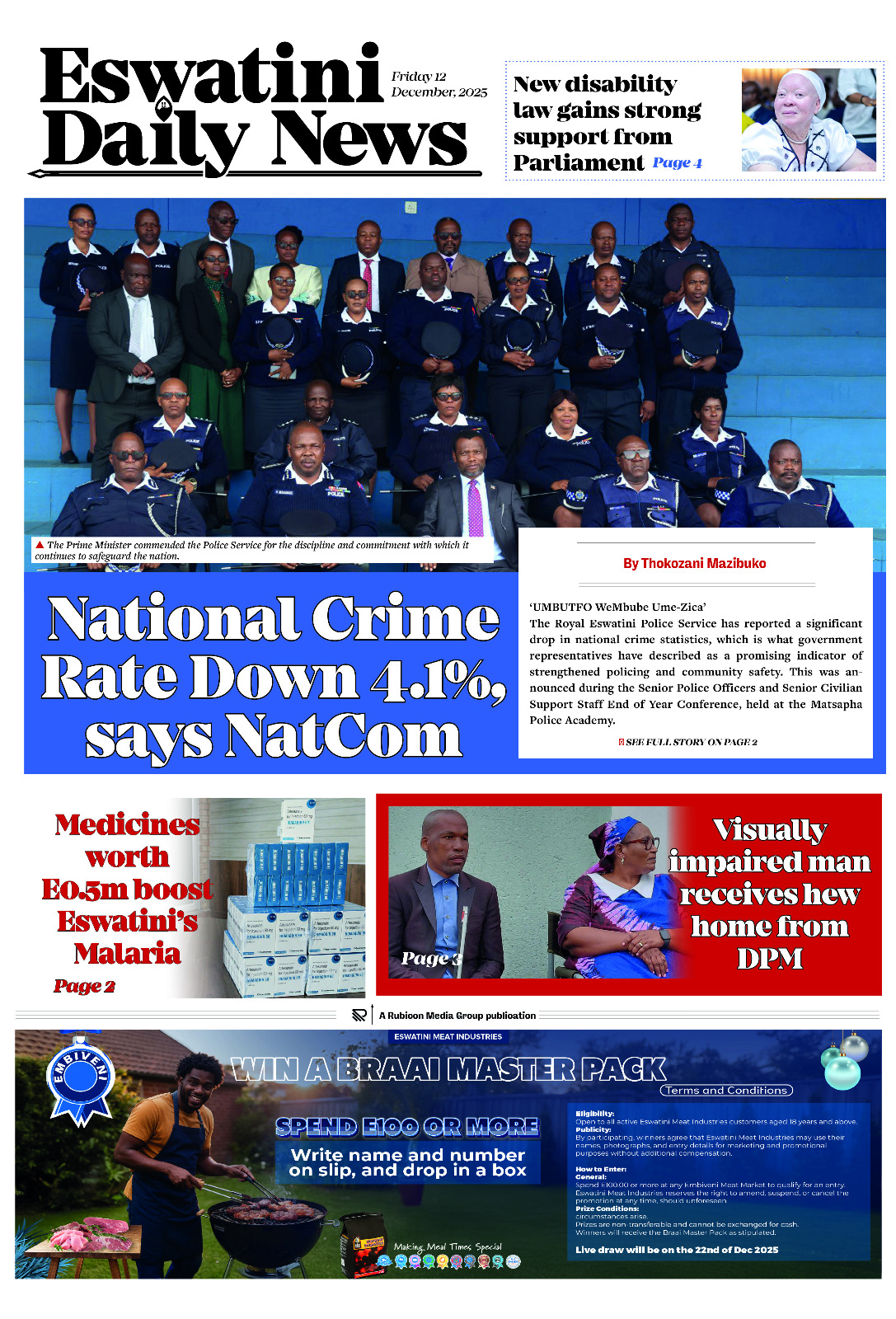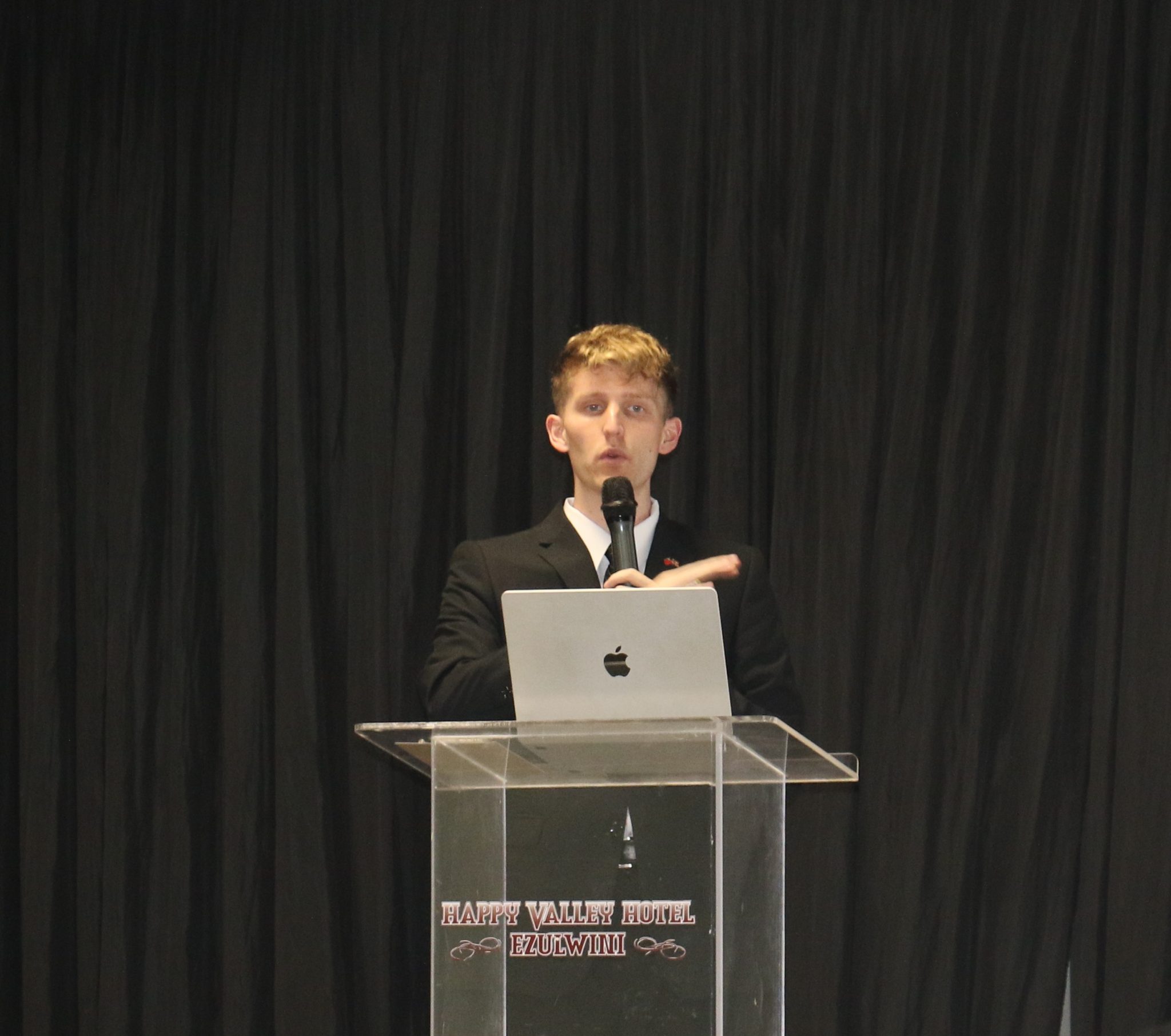Strong administration needed to counter Cabal-like tactics

By Ncaba Ntshakala
Government Spokesperson Alpheous Nxumalo has weighed in on the ongoing discussions regarding the existence of a cabal in Eswatini, stating that the conversations sparked by Prime Minister Russell Dlamini’s interview with the one newspaper have been both “interesting and educative.”
According to Nxumalo, the debates and counter arguments surrounding the issue reflect a collective national stance that rejects any form of clandestine group seeking to infiltrate the country’s political system.
“No one wants a cabal to exist and contaminate our country’s political system and administration,” he emphasized.
Nxumalo expressed his confidence that Eswatini’s governance structures remain free from state capture.
“As I sat back and listened to the narratives on the cabal, I somehow felt a deep sense of comfort and appreciation that the three arms of our government, namely the Judiciary, the Legislature, and the Executive, are safe from state capture,” he said. However, he warned that the discussion should not end at whether a cabal formally exists or not.
The greater concern, he noted, lies with individuals and groups who operate with cabal-like tactics, working in the shadows to manipulate political, economic, and financial outcomes.
These entities, according to Nxumalo, function as a “deep state within a state,” exerting significant influence while remaining unseen.
“They look silent and innocent, yet they are more vicious and retrofitting to the system and structure of governance. They usually hold and wield all nature of power and influence within the corridors of power,” he said.
He pointed out that their primary goal is to gain undue access to state resources, avoiding competition while positioning themselves as the ultimate beneficiaries.
“They don’t want to compete or share anything with anyone. They see and conduct themselves as the only privileged and first-class citizens,” Nxumalo remarked.
He called for strong administration and vigilant media to counter these forces, stressing that they thrive in secrecy and often react with hostility when their activities are exposed.
“Remember, they don’t want to be identified or known. That’s why any discussion or conversation about their existence is usually met with rage and threats,” he stated. He highlighted that intimidation, coercion, and aggressive displays of power are characteristic tactics of such groups, highlighting the need for continuous scrutiny and transparency in governance.

















